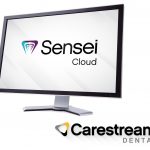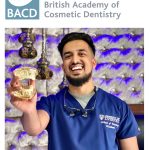Britons are known to love a tipple. The nation’s booze consumption is so high that some people in Britain may now feel that they drink too much or too often. That’s why leading alcohol charity, Alcohol Change UK, inspires people to give up alcohol for 31 days every year during a nationwide campaign known as Dry January. This presents an opportunity for the public to rethink their drinking habits, thus encouraging healthier alcohol consumption in the long-term.
Many of us can be forgiven for over indulging on our favourite alcoholic beverages every once in a while. From financial difficulties and health anxiety, to juggling childcare and being separated from loved ones, there is much about the COVID-19 pandemic that has given us plenty of reasons to drink. However, the figures paint a dramatic picture of how hard Britain has hit the bottle during and since the nationwide lockdown in 2020. According to the UK Chief Medical Officers’ low risk drinking guidelines, it is safest for men and women not to drink more than 14 units of alcohol (equivalent to six pints of beer) a week on a regular basis.
Those who do regularly drink up to this amount are advised to spread their drinking over three or more days. Drinking greater amounts of alcohol increases the risk of serious health complications.[1] As such, it’s alarming to think that the number of people drinking at high risk levels jumped from 4.8 million to 8.4 million between February and September 2020, according to a recent report published by the Royal College of Psychiatrists.[2] Given that much of Britain’s alcohol consumption rose significantly during lockdown, it is even more concerning that 66% of people are expected to drink more or the same amount as restrictions ease.[3]
 Excess alcohol consumption over many years can take its toll, damaging vital organs such as the heart, liver and pancreas, as well as the brain and nervous system. Heavy drinking can also increase blood pressure and cholesterol levels, both of which are major risk factors for heart attacks and strokes.[4] Additionally, alcohol is associated with a range of mental health issues ranging from depression and memory loss, to psychosis and suicide.[5] Further still, drinking too much alcohol has been linked to various types of cancer, including cancers of the mouth and throat.
Excess alcohol consumption over many years can take its toll, damaging vital organs such as the heart, liver and pancreas, as well as the brain and nervous system. Heavy drinking can also increase blood pressure and cholesterol levels, both of which are major risk factors for heart attacks and strokes.[4] Additionally, alcohol is associated with a range of mental health issues ranging from depression and memory loss, to psychosis and suicide.[5] Further still, drinking too much alcohol has been linked to various types of cancer, including cancers of the mouth and throat.
According to one study, people who have four or more alcoholic drinks a day are five times more at risk of mouth and pharynx cancers compared to those who never drink alcohol or drink only occasionally. However, the study also indicated an increased risk for moderate alcohol drinking, which counts as one drink a day.[6] The risk of mouth cancer increases further in those who drink to excess and smoke too – tobacco and alcohol are both carcinogenic, meaning they contain toxins that can damage DNA cells and cause cancer.[7] Heavy drinkers and smokers are 38 times more likely to develop the disease.[8]
Other oral health risks of excessive alcohol consumption include tooth erosion, dental caries and periodontal disease.[9], [10] There is also evidence to demonstrate that drinking alcohol increases the risk of dental and maxilla-facial trauma caused by accidents or injury.5, [11] Considering all of its effects on the body, it isn’t surprising that alcohol is the biggest risk factor for death, ill-health and disability among people aged 15 to 49 in the UK.[12] Heavy drinkers are even more likely to develop serious complications if they contract COVID-19.3
The instability of the current global health crisis emphasises the importance of encouraging patients to avoid consuming alcohol to excess. Habits are formed quickly but can be hard to break, so if people start drinking at dangerous levels now, they face the possibility of their alcohol consumption rising over the medium to long term, thus contributing to an increased risk of developing serious health problems. Dry January is a chance for patients to reset their relationship with alcohol, providing the ideal training ground for patients to cut down on consumption through learning about their drinking habits and how to break them.
In the spirit of promoting healthier lifestyle choices, dental professionals can also take Dry January as an opportunity to reinforce good oral care habits among patients. This should involve providing guidance on following the most effective toothbrushing and interdental cleaning regime, as well as recommending reliable products that can make oral hygiene easier for optimum patient compliance. Leading oral healthcare specialist, Curaprox, offers a range of innovative solutions designed to support gentle yet effective cleaning of the teeth and gums, including the Hydrosonic Easy electric toothbrush. This delivers a powerful hydrodynamic effect to ensure a thorough clean, even in the most hard-to-reach areas of the mouth.
It’s easy to reach for the bottle during times of celebration or hardship, but it is important that we take steps to ensure alcohol does not become a burden on general and oral health. Going dry this January could be just what your patients need to make better decisions about drinking for the benefit of an improved quality of life.
For more information please call 01480 862084, email info@curaprox.co.uk or visit www.curaprox.co.uk
Author Dawn Woodward National Sales manager Curaprox UK
[1] GOV.UK. (2016) UK Chief Medical Officers’ Low Risk Drinking Guidelines. Available at: https://assets.publishing.service.gov.uk/government/uploads/system/uploads/attachment_data/file/545937/UK_CMOs__report.pdf. [Last accessed: 05.10.20].
[2] Royal College of Psychiatrists. (2020) Addiction services not equipped to treat the 8 million people drinking at high risk during pandemic, warns Royal College. Available at: https://www.rcpsych.ac.uk/news-and-features/latest-news/detail/2020/09/14/addiction-services-not-equipped-to-treat-the-8-million-people-drinking-at-high-risk-during-pandemic-warns-royal-college. [Last accessed: 05.10.20].
[3] Alcohol Change UK. (2020) Research: drinking in the UK during lockdown and beyond. Available at: https://alcoholchange.org.uk/blog/2020/drinking-in-the-uk-during-lockdown-and-beyond. [Last accessed: 05.10.20].
[4] NHS. (2018) Risks: Alcohol misuse. Available at: https://www.nhs.uk/conditions/alcohol-misuse/risks/. [Last accessed: 05.10.20].
[5] Drinkaware. (2020) Alcohol and mental health. Available at: https://www.drinkaware.co.uk/facts/health-effects-of-alcohol/mental-health/alcohol-and-mental-health. [Last accessed: 05.10.20].
[6] Goldstein, B. Y., Chang, S. C., Hashibe, M., La Vecchia, C. and Zhang, Z. F. (2010) Alcohol Consumption of the Oral Cavity and Pharynx from 1988 to 2009: An Update. Eur J Cancer Prev. 19(6): 431–465. DOI: 10.1097/CEJ.0b013e32833d936d.
[7] NHS. (2019) Causes: Mouth cancer. Available at: https://www.nhs.uk/conditions/mouth-cancer/causes/#:~:text=The%20leading%20causes%20of%20mouth,your%20risk%20of%20mouth%20cancer. [Last accessed: 05.10.20].
[8] White, S. (2017) Mouth Cancer Action Month – Reducing the risk. GOV.UK. Available at: https://publichealthmatters.blog.gov.uk/2017/11/08/mouth-cancer-action-month-reducing-the-risk/. [Last accessed: 05.10.20].
[9] Mandel, L. (2005) Dental erosion due to wine consumption. The Journal of the American Dental Association. 136(1): 71–75. DOI: 10.14219/jada.archive.2005.0029.
[10] Priyanka, K. et al. (2017) Impact of Alcohol Dependency on Oral Health – A Cross-sectional Comparative Study. J Clin Diagn Res, 11(6): ZC43-ZC46. DOI: 10.7860/JCDR/2017/26380.10058.
[11] Grocock, R. (2018) The relevance of alcohol to dental practice. BDJ Team. 5: 18025. DOI: 10.1038/bdjteam.2018.25.
[12] Public Health England. (2018) The Public Health Burden of Alcohol and the Effectiveness and Cost-Effectiveness of Alcohol Control Policies: An evidence review. Available at: https://www.gov.uk/government/publications/the-public-health-burden-of-alcohol-evidence-review#history. [Last accessed: 05.10.20].





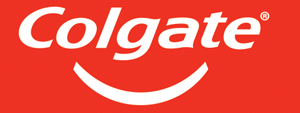


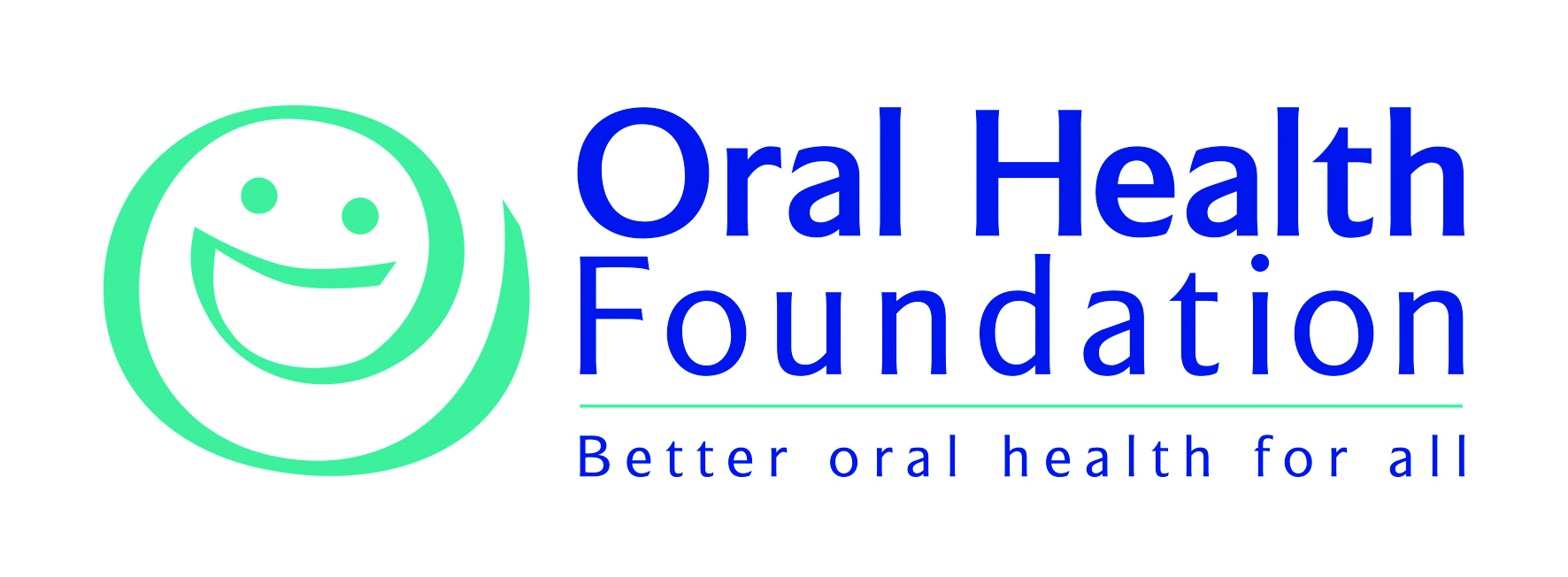

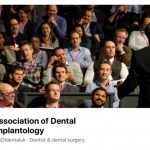

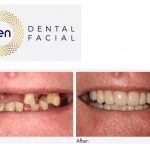
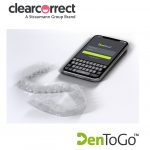

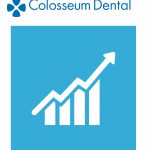

 Excess alcohol consumption over many years can take its toll, damaging vital organs such as the heart, liver and pancreas, as well as the brain and nervous system. Heavy drinking can also increase blood pressure and cholesterol levels, both of which are major risk factors for heart attacks and strokes.
Excess alcohol consumption over many years can take its toll, damaging vital organs such as the heart, liver and pancreas, as well as the brain and nervous system. Heavy drinking can also increase blood pressure and cholesterol levels, both of which are major risk factors for heart attacks and strokes.